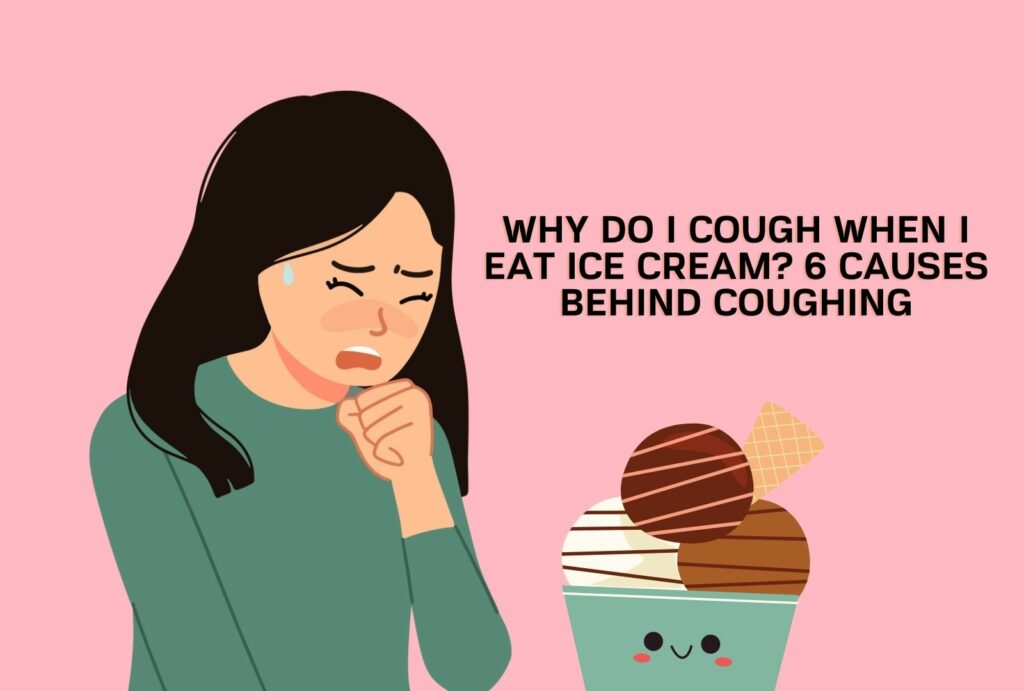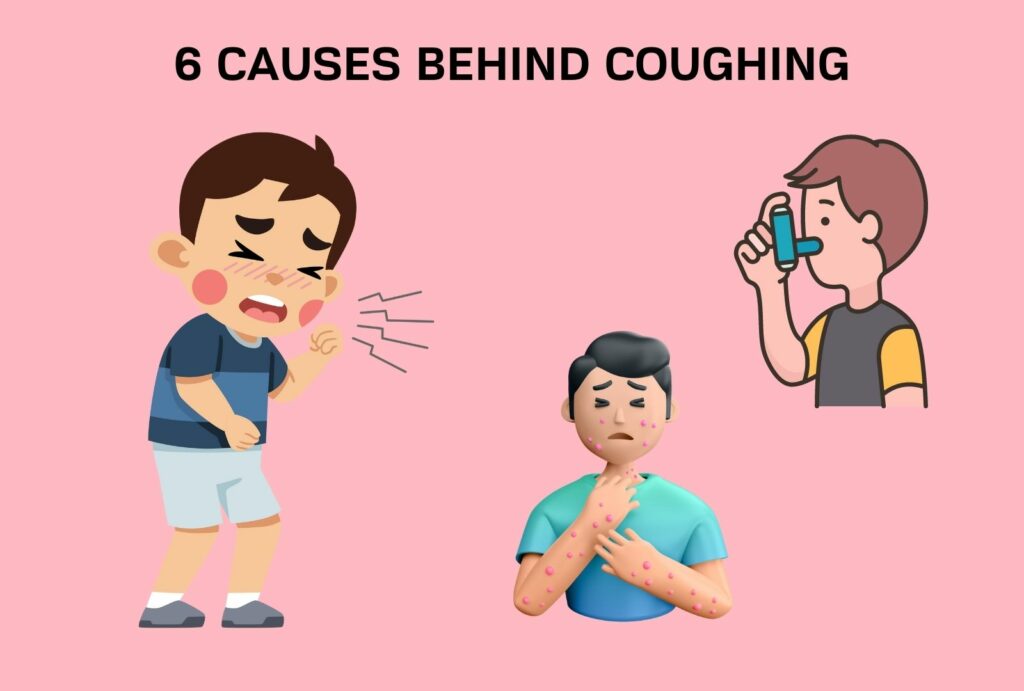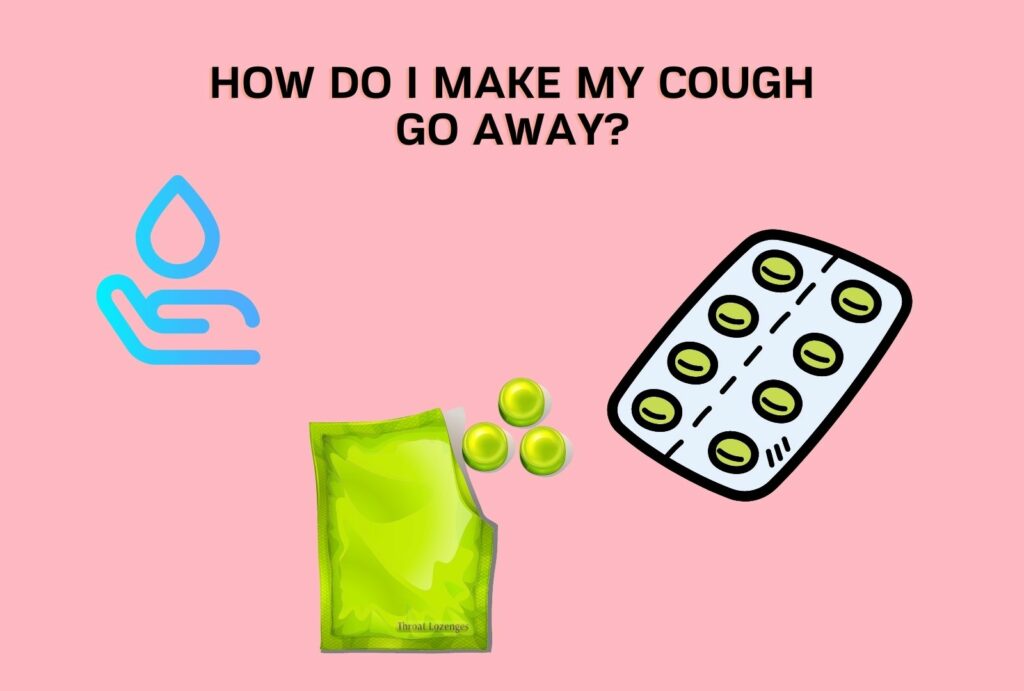
Many people experience coughing after eating ice cream, and it can be a frustrating and uncomfortable experience. Here are six
why you may cough after eating ice cream:
- Cold sensitivity: The temperature of ice cream can cause the nerves in the throat to react, leading to a cough reflex. This is particularly true for individuals who are sensitive to cold temperatures.
- Allergies: If you have a dairy allergy or lactose intolerance, eating ice cream can cause inflammation and irritation in the throat, leading to coughing.
- Acid reflux: Acid reflux occurs when stomach acid flows back into the esophagus, leading to irritation and inflammation. Eating ice cream can trigger acid reflux, leading to coughing and other symptoms.
- Asthma: Individuals with asthma may experience coughing after eating ice cream due to the cold temperature and potential allergens in the ice cream.
- Infections: Certain infections, such as a common cold or sinus infection, can cause coughing. Eating ice cream may irritate the throat further, exacerbating the cough.
- Inhaling ice cream: In some cases, individuals may accidentally inhale a small amount of ice cream into their lungs while eating, leading to coughing and potential respiratory issues.
In conclusion, coughing after eating ice cream can be caused by a variety of factors, including cold sensitivity, allergies, acid reflux, asthma, infections, and inhaling ice cream. If you experience persistent coughing or other symptoms after eating ice cream, it is important to speak with a healthcare professional to determine the underlying cause and appropriate treatment.
6 causes behind coughing

Coughing can be a sign of a variety of health issues, ranging from minor irritations to serious conditions. Here are six potential causes of coughing:
- Respiratory infections:
Infections such as colds, flu, bronchitis, and pneumonia can cause coughing. These infections can cause inflammation and irritation in the respiratory system, leading to coughing as the body attempts to clear the airways.
- Allergies:
Allergies to substances such as pollen, dust, or pet dander can trigger coughing as the body tries to expel the allergen from the respiratory system. Allergic reactions can also cause coughing after eating certain foods, such as ice cream, if the body is allergic to an ingredient in the food.
- Asthma:
Asthma is a chronic condition that affects the lungs and airways, causing inflammation and constriction. This can lead to coughing, wheezing, and difficulty breathing, especially after exposure to triggers such as cold air, exercise, or allergens.
- Gastroesophageal reflux disease (GERD):
GERD is a condition where stomach acid flows back into the esophagus, causing irritation and inflammation. This can lead to coughing, especially after eating a large or spicy meal, or lying down.
- Smoking:
Smoking and exposure to secondhand smoke can irritate the respiratory system and cause coughing. Chronic coughing is a common symptom among smokers and can persist even after quitting smoking.
- Medications:
Certain medications, such as ACE inhibitors used to treat high blood pressure, can cause coughing as a side effect.
In conclusion, coughing can have a variety of causes, ranging from respiratory infections and allergies to asthma, GERD, smoking, and medication side effects. If you are experiencing persistent coughing or other respiratory symptoms, it is important to speak with a healthcare professional to determine the underlying cause and appropriate treatment. If you experience coughing after eating ice cream or other foods, it may be a sign of an allergy or other underlying condition, and medical attention may be necessary.
How do I make my cough go away?

Coughing can be a frustrating and uncomfortable symptom, but there are several things you can do to help alleviate it. Here are some tips for making your cough go away:
- Stay hydrated: Drinking plenty of fluids, especially water, can help keep your airways hydrated and alleviate coughing.
- Use cough drops or lozenges: Cough drops and lozenges can help soothe a sore throat and reduce coughing.
- Use a humidifier: Adding moisture to the air with a humidifier can help alleviate coughing, especially if the cough is due to dry air.
- Elevate your head while sleeping: Sleeping with your head elevated can help reduce coughing, especially if the cough is due to GERD or postnasal drip.
- Avoid irritants: If your cough is due to allergies or other irritants, avoiding these triggers can help alleviate coughing. This may include avoiding exposure to smoke, dust, or other allergens.
- Treat underlying conditions: If your cough is due to an underlying condition such as asthma or GERD, treating these conditions can help alleviate coughing. This may involve medication, lifestyle changes, or other treatments.
- Seek medical attention: If your cough is persistent or accompanied by other symptoms, such as fever or difficulty breathing, it is important to seek medical attention to determine the underlying cause and appropriate treatment.
In conclusion, there are several things you can do to help alleviate coughing, including staying hydrated, using cough drops or lozenges, using a humidifier, elevating your head while sleeping, avoiding irritants, treating underlying conditions, and seeking medical attention if necessary. If you experience coughing after eating ice cream or other foods, it may be a sign of an allergy or other underlying condition, and medical attention may be necessary.
FAQs
Here are some frequently asked questions related to coughing after eating ice cream:
- Why do I cough after eating ice cream?
Coughing after eating ice cream may be a sign of cold-induced asthma, which is triggered by exposure to cold air or cold foods. It may also be a sign of an allergy to dairy or other ingredients in the ice cream.
- What are some other symptoms of cold-induced asthma?
Other symptoms of cold-induced asthma may include wheezing, shortness of breath, and chest tightness.
- How can I tell if I have a dairy allergy?
If you suspect you have a dairy allergy, it is important to see a healthcare provider for testing and diagnosis. Symptoms of a dairy allergy may include coughing, wheezing, hives, stomach cramps, and diarrhea.
- Can I still eat ice cream if I cough after eating it?
If you experience coughing after eating ice cream, it may be best to avoid it or try dairy-free alternatives. However, it is important to talk to your healthcare provider to determine the underlying cause and appropriate treatment.
- Can coughing after eating ice cream be dangerous?
Coughing after eating ice cream may be a sign of an underlying condition that requires medical attention. In some cases, coughing can also be a sign of choking, which can be dangerous if not addressed immediately.
- How can I prevent coughing after eating ice cream?
If you experience coughing after eating ice cream, it may be helpful to try smaller portions or eat the ice cream slowly. You may also try drinking warm water or tea after eating to help alleviate coughing.
In conclusion, coughing after eating ice cream may be a sign of an underlying condition, such as cold-induced asthma or a dairy allergy. It is important to talk to your healthcare provider to determine the underlying cause and appropriate treatment.
To summarize
In summary, coughing after eating ice cream can be caused by several factors. One of the main causes is cold-induced asthma, which occurs when exposure to cold air or cold foods triggers asthma symptoms. Another cause could be a dairy allergy, which can cause coughing and other symptoms like hives, stomach cramps, and diarrhea.
To prevent coughing after eating ice cream, it is important to identify the underlying cause. For example, if you have cold-induced asthma, you may need to avoid cold foods and drinks or use a bronchodilator before eating them. If you have a dairy allergy, you may need to avoid dairy products altogether or try dairy-free alternatives.
If you experience coughing after eating ice cream, you may also try some home remedies to alleviate symptoms. Drinking warm water or tea after eating ice cream can help soothe the throat and alleviate coughing. Additionally, eating smaller portions or eating the ice cream slowly may also help.
It is important to note that coughing after eating ice cream can sometimes be a sign of a more serious condition, such as choking. If coughing persists or is severe, it is important to seek medical attention immediately.
In summary, coughing after eating ice cream can be caused by cold-induced asthma or a dairy allergy. To prevent coughing, it is important to identify the underlying cause and take appropriate measures. Home remedies like drinking warm water or tea and eating smaller portions can also help alleviate symptoms. If coughing persists or is severe, seek medical attention immediately to rule out more serious conditions.